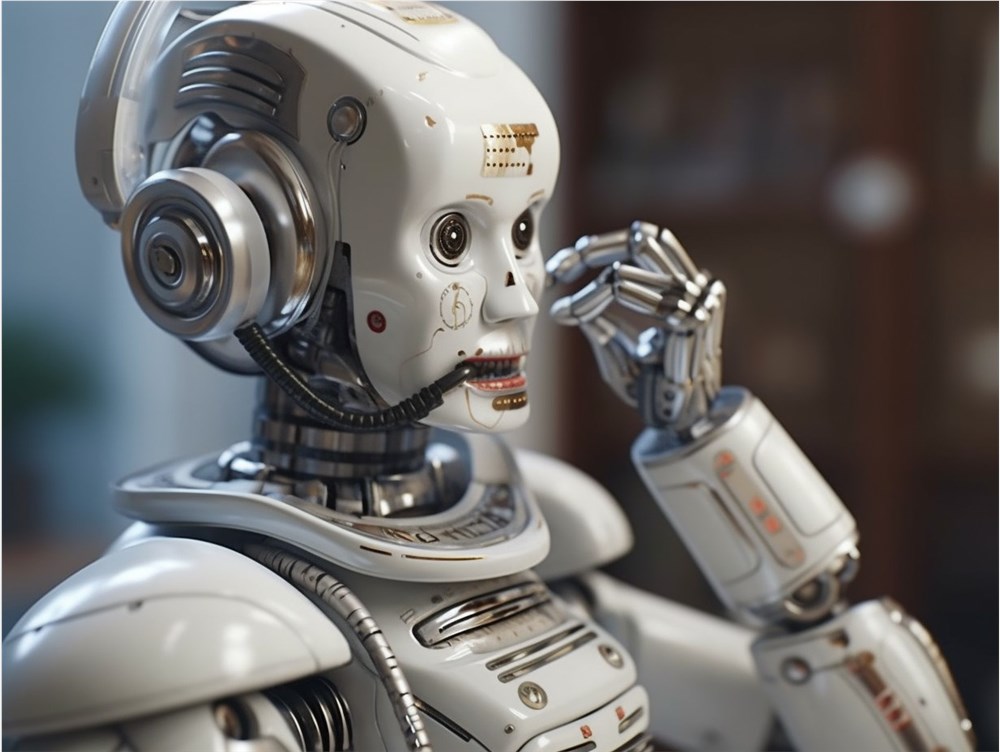MIT researchers have developed a new robot training model, heterogeneous pre-trained transformer (HPT), designed to overcome the problem that traditional imitation learning is prone to failure in the face of environmental changes and new challenges. This model integrates data from different sensors and environments and uses a powerful transformer architecture for training, thereby improving the robot's adaptability in a variety of complex situations. The research team hopes to achieve breakthrough progress in robot strategies through this method, just like large language models, to give robots stronger learning and adaptability.
The MIT research team trains robots using transformer architectures to improve their adaptability by integrating different sensors and environmental data. Users can customize robot design, configuration, and tasks, and the model will be trained based on input. Funded in part by Toyota Research Institute, the research demonstrates its continued investment in robotics learning and its partnership with Boston Dynamics. Researchers believe that as the scale of the model expands, a major breakthrough in robotic strategy will be achieved, just like the success of large language models. Although it is still in its early stages, the research team is confident in the future and is committed to developing a universal robotic brain to make it easier to use and deploy.

Users can enter the robot design, configuration and what they want to do, and then train the robot with the new model. The researchers say this approach can enable breakthroughs in robotic strategies, just like large language models.
Part of the funding for this study was from the Toyota Research Institute. Last year, Toyota Research Institute demonstrated a method of training robots overnight at TechCrunch Disrupt. Recently, the company reached a landmark partnership that will combine its robotics learning research with Boston Dynamics hardware.
"Our dream is to have a universal robotic brain that you can download and use without any training," said David Held, associate professor at Carnegie Mellon University. Keep working hard, hoping that scale will lead to breakthroughs in robotic strategy, just like large language models.”
This research marks an important progress in the field of robot training, laying the foundation for building smarter and more adaptable robots in the future, and heralding a new breakthrough in robotics technology. Through continuous efforts and innovation, we believe that robots will be able to better serve humans in the future.